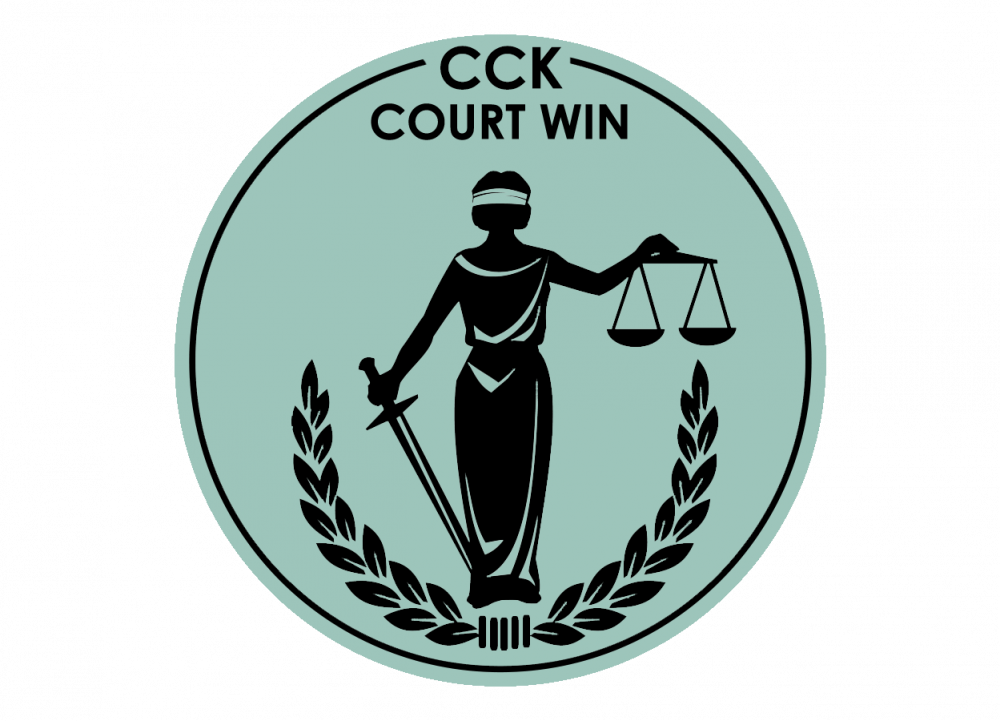“Other Related Factors” Must Be Considered in Extraschedular Analysis

CCK Law: Our Vital Role in Veterans Law
Summary of claim history
The Veteran served on active duty in the United States Army from 1977 to 1980. He was granted service connection for his unilateral gynecomastia in a February 1980 rating decision at a non-compensable level. He filed an increased rating claim for his gynecomastia in March of 2006. Later, he submitted a claim for service connection for his right breast pain.
In a June 2011 Board decision, the Board remanded the issue of service connection for the Veteran’s left breast gynecomastia for an examination. The VA examiner noted that the Veteran’s breast condition impacts the Veteran’s ability to work because he has pain in both breasts. The Veteran took Percocet 1 to 2 times per week for his breast pain. He also left his job secondary to issues with chronic pain management. He reported constant pain for which he had been prescribed narcotics. The gynecomastia caused body image problems and pain.
Board denied increased rating for gynecomastia on extraschedular basis
In September of 2014, the Board denied a compensable rating for gynecomastia prior to May of 2007. In that same decision, the Board granted the Veteran a 10% evaluation for his left and right breast gynecomastia after 2007. The Veteran appealed the Board’s denial of a higher rating to the Court of Appeals for Veterans Claims (CAVC). The parties agreed to a joint motion for partial remand, finding that the Board failed to provide an adequate statement of reasons or bases for why referral of the claims for extraschedular consideration were not warranted prior to May 2, 2007. The following month, the RO granted service connection for depression at 70% effective September 26, 2014, the date of the Veteran’s claim for that condition. The Board denied the Veteran’s claim for an increased rating for gynecomastia yet again in January of 2016.
CCK appeals to the Court
CCK successfully appealed to the Court the denial of an increased rating, on an extraschedular basis, for gynecomastia prior to May of 2007. In its decision, the Board found that although the Veteran had symptoms that were not adequately contemplated by the rating criteria, he did not have marked interference with employment, frequent hospitalization, or “other related factors”
CAVC agrees with CCK’s argument regarding “other related factors”
CCK argued, and the Court agreed, that the Board committed error in its decision. Specifically, it did not explain why the Veteran’s body image problems, caused by his gynecomastia, did not qualify as “other related factors”. The Board was required to address this problem when considering whether extraschedular referral was appropriate. The Court set aside the Board’s decision and remanded the issue for readjudication consistent with its decision.
About the Author
Share this Post
